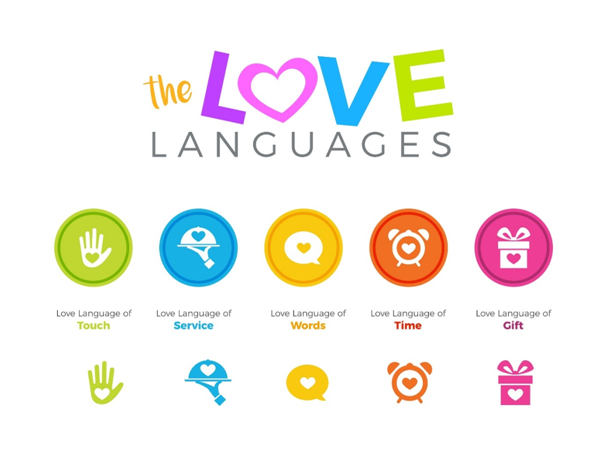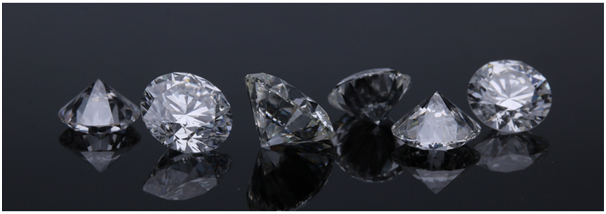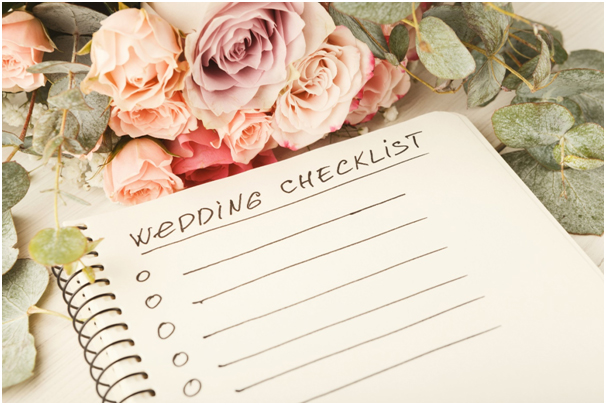What Are Love Languages and How to Discover Yours
Sometimes, the little things in life are the ones that mean the most. When it comes to showing the people in our life how much they mean to us, deciding on the best way to do this can be a challenge. Do they prefer gifts? Or do they adore physical acts of kindness? Perhaps a hand-written card to express how much you appreciate them is what they will treasure – well, without knowing it, you’re trying to decide what their preferred ‘love language’ is.
The phrase may be something you have heard before but not fully understood. With this said, we discuss what a love language truly means and how to discover yours.
What is a love language?
The concept of ‘love languages’ was an idea put forward by Gary Chapman in his book The Five Love Languages: How to Express Heartfelt Commitment to Your Mate (1992). Put simply, your ‘love language’ is how you as an individual like to receive and show love to the people around you. This concept doesn’t just apply in your romantic relationships, but the ones you have with friends, family, and every other type of relationship you have with people.
It’s thought that there are five different love languages. Depending on the type of personality you have, you will prefer to be shown love and appreciation in different ways. Chapman argues that once we know what our love language is and what the language is for other people in our lives, we can build stronger and closer relationships with each other.

What are the five love languages?
As previously mentioned, Chapman states that there are five different love languages, and depending on your personality type, you prefer to give and receive love in different ways.
- Receiving gifts: Whilst this can sometimes connote materialism, it is more about what the gift means and symbolises, as well as how much thought the person has put into it. It doesn’t have to be a diamond ring (well, not every time anyway!); something as simple as a photo frame of the two of you together on holiday can speak volumes.
- Physical touch: This love language centres around the idea of affection and physical contact. For couples, this could be through intimacy; however, it doesn’t always have to be. This could be through hugs, kisses, or even something as simple as a back massage when you’re feeling stressed.
- Affirmations: For others, it is what you say that means the most. This could be through giving compliments or cute pet names. You could send good night and good morning texts to let them know you’re thinking about them. It’s thought people who prefer this love language are more sensitive to insults and arguments, so the expression ‘think before you speak’ could not be more applied.
- Acts of service: For people whose love language is this, actions speak louder than words. Rather than vocalising your love or appreciation, show them. For example, offer to do a household chore they have on their list or organise a romantic evening out to a restaurant. Even something as simple as making a call to the heating engineer when the boiler plays up is a gesturethey will appreciate.
- Quality time: This love language centres around the idea of time well spent. People who prefer this will be bugged if you are on your phone or are too busy watching the TV to listen to themwhen you are spending time together. Dedicating time and energy towards them is key, so being a good listener and devoting your full attention to them is what they value the most.
What is my love language?

Now that we have established what the five love languages are, what is your love language? This is down to who you are as an individual. Perhaps there are certain things your partner or the people in your life do for you that stand out and make you feel good. If so, determine which category these acts fall into.
Remember as well that your love language may not be defined by just one of these categories. You could like certain aspects of all of them. So, if ever you find yourself in an argument with your partner and you discover that you both have different expectations for how love and affection should be shown, then take notes and use it as a learning curve! Understanding their personal love language and how it might differ from yours is thought to help strengthen relationships.
How to find your partner’s love language
The best advice we can give is trial and error. Now that you know what love languages are, try new ways to express your love or affection to your partner, or whoever it is in your life you want to show appreciation for, and see how they react. Whilst they most likely will appreciate all your efforts to make them feel special, there will be certain ones that mean that extra bit more to them than others.
So, try complimenting them every now and then, or surprise them with a sentimental gift, or even just put the phone down and switch the TV off when they start a conversation!
There you have it – the five love languages revealed. For couples looking to make the ultimate commitment and propose to their partner, discovering their love language can help spark some creative and romantic ways to pop the question so they will never forget that special moment. Speaking of proposals, are you in need of an engagement ring to help you do the honours? We’re here to help! Discover our sparkling collection of rings available in everything from tension set engagement rings and trilogy engagement rings to solitaire engagement rings.
You May Also Like

The Ultimate Guide to the Clarity of Diamonds
When it comes to choosing the perfect diamond engagement ring, there a ...

The Ultimate Guide to Planning Your Big Day
The proposal is done, and now it’s time to start planning your b ...

The Best Romance Movies for Every Occasion
Sometimes, there is nothing we need more than to cosy up in front of t ...
